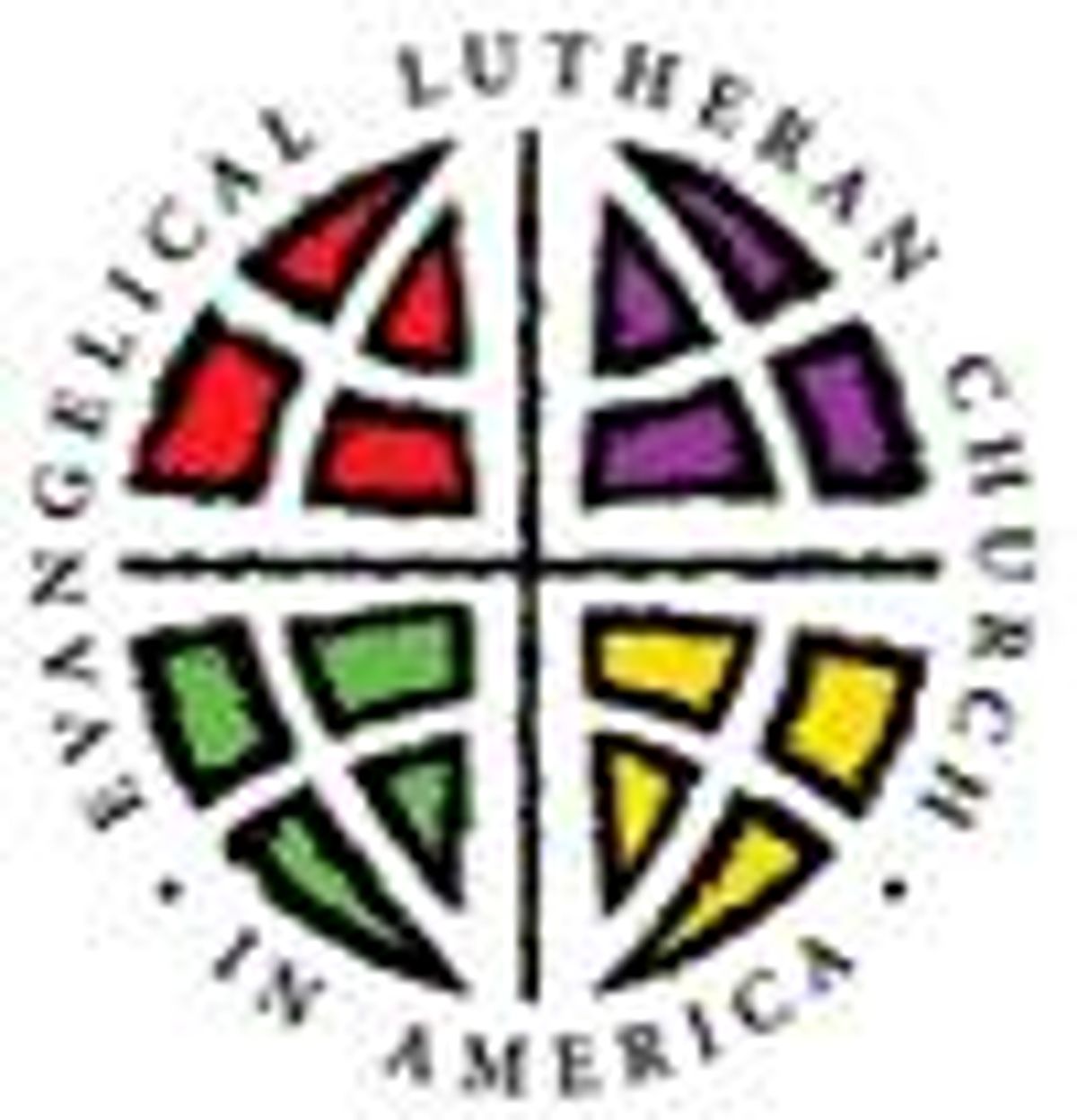A task force
drafting a statement on sexuality for the nation's largest
Lutheran group said Thursday that the church should continue
defining marriage as the union of one man and one
woman.
However, the
panel did not condemn same-gender relationships. The
committee expressed regret that historic Lutheran teachings
have been used to hurt gays and lesbians, and
acknowledged that some congregations already accept
same-sex couples.
The report
released by the Evangelical Lutheran Church in America is
part of the denomination's years-long effort to bridge
internal differences over the Bible and homosexuality.
The Lutheran
Church-Missouri Synod, a separate, smaller group, is
theologically conservative and teaches that same-gender
relationships violate Scripture.
Called a ''Draft
Social Statement on Human Sexuality,'' the report is a
wide-ranging study of Christian views on sexual morality,
premarital sex, domestic abuse, and families.
But the most
anticipated part of the document was whether the task force
would recommend equal standing for gay and heterosexual
couples in the 4.8 million-member church.
Next year the
panel will decide whether to suggest changes in current
clergy standards that bar gays and lesbians from being
ordained if they are sexually active. After revisions,
both proposals will be presented for a vote at the
2009 Churchwide Assembly in Minneapolis.
The document
released Thursday repeatedly states that sexual intimacy
should be reserved for married couples and condemns sex for
personal gratification alone.
''The church
recognizes the historic origin of the term 'marriage' as a
lifelong and committed relationship between a woman and a
man, and does not wish to alter this understanding,''
the report says.
The task force
goes on to describe different responses to gays and
lesbians in congregations, noting that some churches require
celibacy for them, while others urge gay couples to
''establish relationships that are chaste, mutual,
monogamous and lifelong.''
''These
relationships are to be held to the same rigorous standards
and sexual ethics as all others,'' the document says.
''This suggests that dissolution of a committed
same-gender relationship be treated with the same
gravity as the dissolution of a marriage.''
The document
expressed regret that Lutheran teachings have been used ''to
tear apart families with gay or lesbian members,'' and asks
all Lutherans to welcome gays and advocate for legal
protection for them.
Still, a gay
Lutheran group called the document disappointing, as did
church members with traditional views of Scripture.
Lutherans
Concerned/North America, which represents gays and lesbians,
criticized the task force for urging respect for same-gender
couples without providing religious rites for them to
make a lifelong commitment.
''This draft
merely tolerates rather than celebrates the presence of
same-gender families in the church,'' said Emily Eastwood,
executive director of Lutherans Concerned. ''It is
inconsistent and insufficient.''
Mark Chavez,
leader of Lutheran CORE and the WordAlone Network, which
represent theological conservatives, argued that the
document was not grounded enough in the Bible, and
could lead the church to allow each ELCA synod, or
district, to set its own policy on gay clergy.
''It not only
doesn't resolve anything, but it's going to make things
worse,'' he said.
The task force
did address the different views of Scripture underlying
the conflict. They said that the Bible ''can be abused and
misunderstood through selective use as a moral
guide,'' noting that biblical verses were once used to
justify slavery.
They said
Scripture should be interpreted in light of scientific
knowledge and human experience. ''Human knowledge about
sexuality, such as that found in medicine and the
social and physical sciences, can teach us about
healthy practice and provide new insights,'' they said.
The 15-member
task force, made up of Lutheran clergy, laypeople, and
academics, expressed hope that the members of the
denomination can continue studying the issue together.
The ELCA is one
of several Protestant groups divided over gay
relationships and the Bible.
The Episcopal
Church caused an uproar in 2003 when it consecrated its
first openly gay bishop, V. Gene Robinson of New Hampshire.
About three dozen
of the nearly 11,000 congregations in the Presbyterian
Church (U.S.A.) have voted to leave the national church
since its 2006 meeting. At that assembly,
Presbyterians debated providing some leeway in
ordaining gays, and allowing alternative phrasings in
liturgy for the divine Trinity -- ''Father, Son and
Holy Spirit.'' (Rachel Zoll, AP)













































































